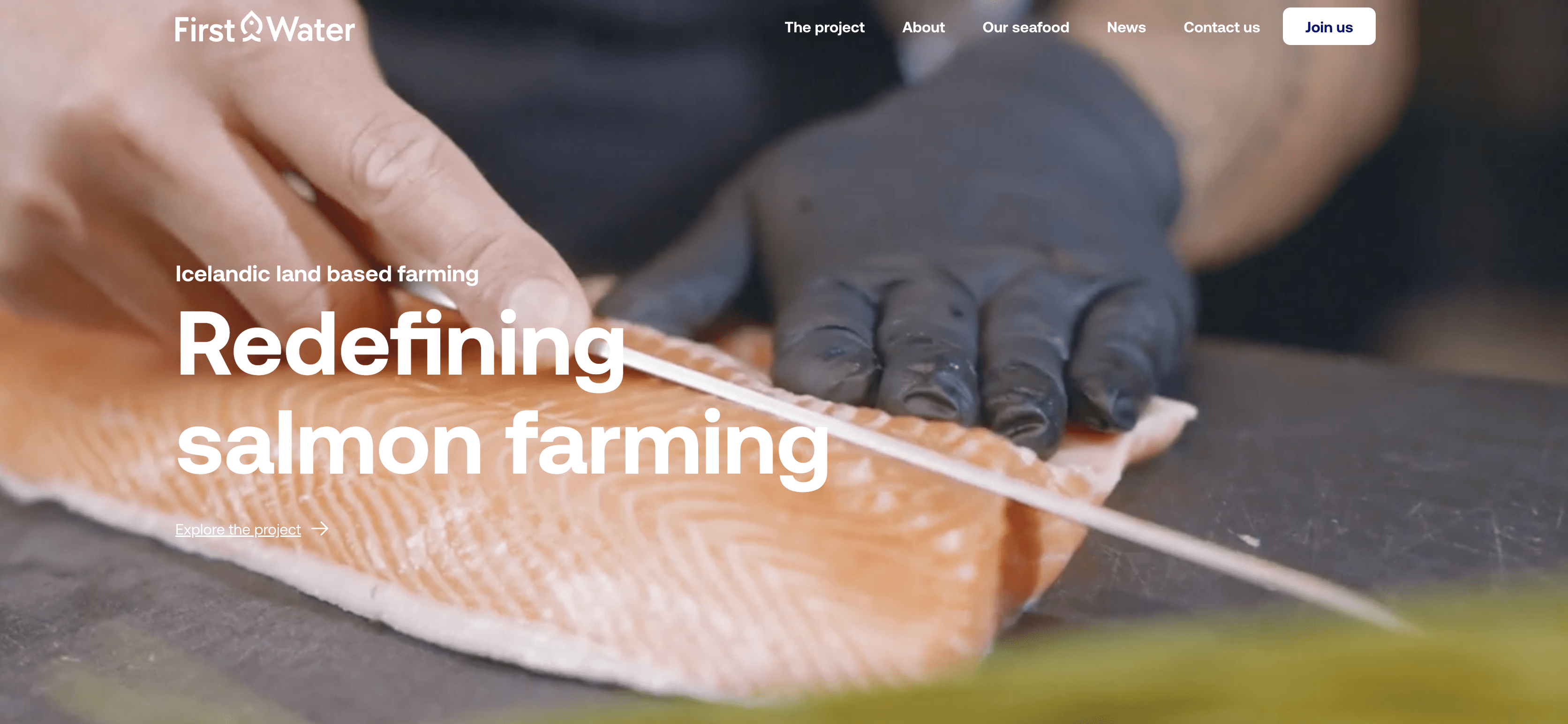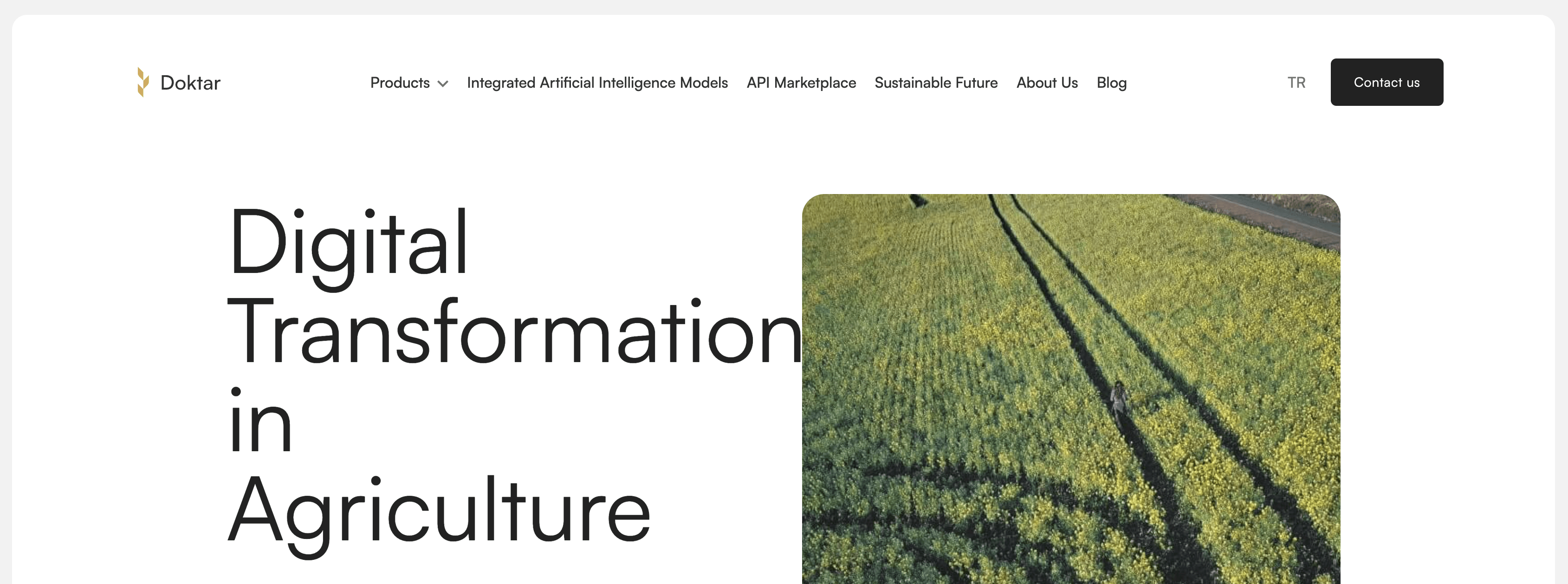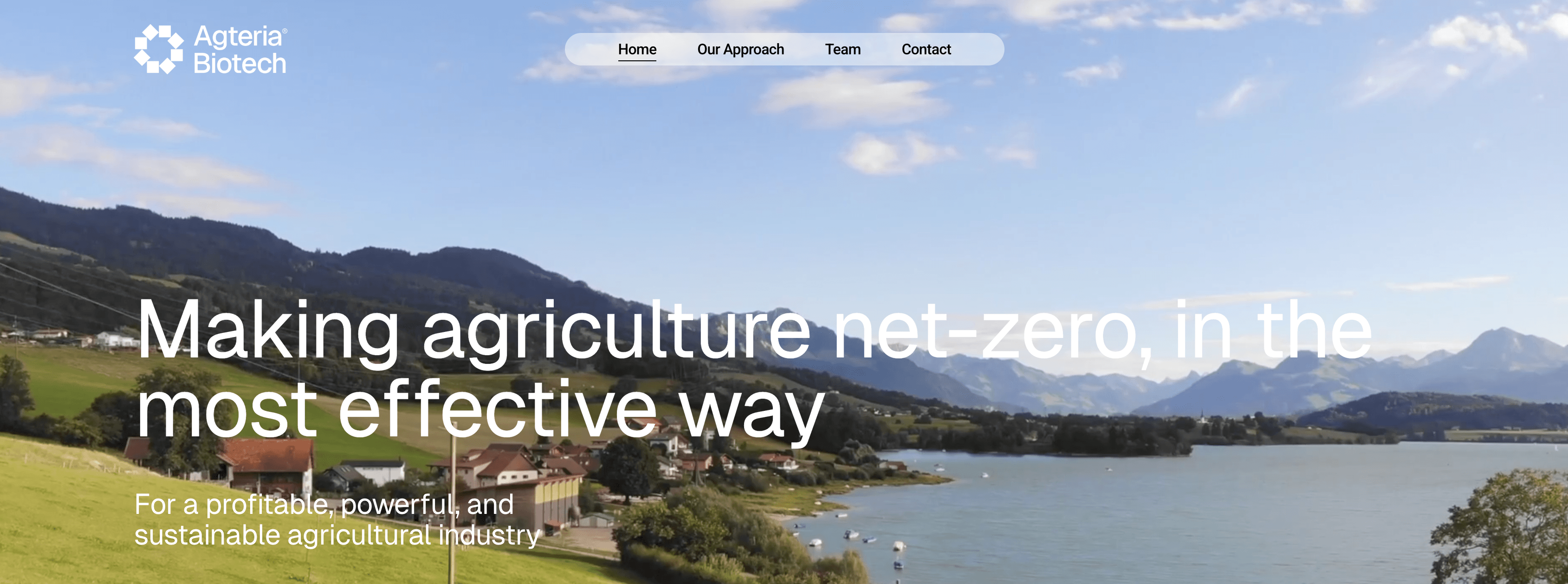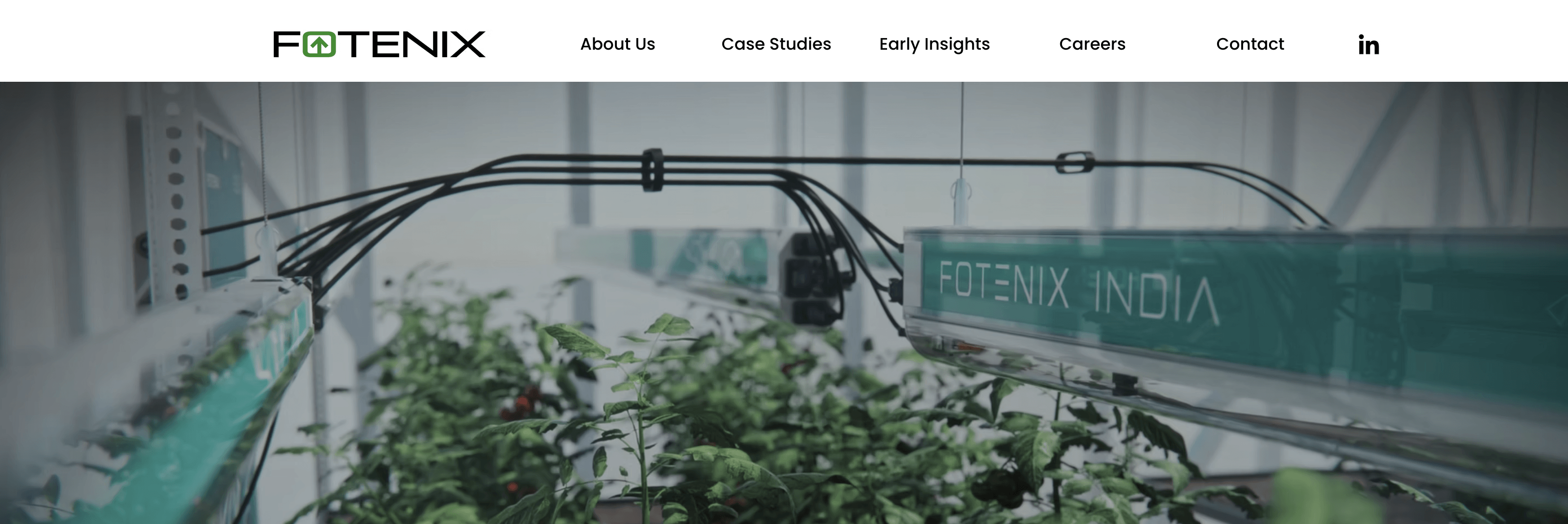Switch Dataset:
Startup News
We are collecting the most relevant tech news and provide you with a handy archive. Use the search to find mentions of your city, accelerator or favorite startup in the last 1,000 news items. If you’d like to do a more thorough search, please contact us for help.
Search for any keyword to filter the database with >10,000 news articles
Filter
Filter search
Results
| id | date | title | slug | Date | link | content | created_at | feed_id |
|---|---|---|---|---|---|---|---|---|
| 51,726 | 27/12/2025 04:00 PM | The 22 top clean tech and energy startups from Disrupt Startup Battlefield | the-22-top-clean-tech-and-energy-startups-from-disrupt-startup-battlefield | 27/12/2025 | 27/12/2025 04:10 PM | 7 | ||
| 51,725 | 27/12/2025 03:00 PM | The 7 top space and defense tech startups from Disrupt Startup Battlefield | the-7-top-space-and-defense-tech-startups-from-disrupt-startup-battlefield | 27/12/2025 | 27/12/2025 03:10 PM | 7 | ||
| 51,724 | 27/12/2025 11:00 AM | In Cryptoland, Memecoin Fever Gives Way to a Stablecoin Boom | in-cryptoland-memecoin-fever-gives-way-to-a-stablecoin-boom | 27/12/2025 | In a year that began with a memecoin trading frenzy, stablecoins have emerged as the respectable face of the crypto industry. | 27/12/2025 11:10 AM | 4 | |
| 51,723 | 27/12/2025 11:00 AM | So Long, GPT-5. Hello, Qwen | so-long-gpt-5-hello-qwen | 27/12/2025 | In the AI boom, chatbots and GPTs come and go quickly. (Remember Llama?) GPT-5 had a big year, but 2026 will be all about Qwen. | 27/12/2025 11:10 AM | 4 | |
| 51,722 | 26/12/2025 10:52 PM | How reality crushed Ÿnsect, the French startup that had raised over $600M for insect farming | how-reality-crushed-ynsect-the-french-startup-that-had-raised-over-dollar600m-for-insect-farming | 26/12/2025 | 26/12/2025 11:10 PM | 7 | ||
| 51,721 | 26/12/2025 06:00 PM | Equity’s 2026 Predictions: AI Agents, Blockbuster IPOs, and the Future of VC | equitys-2026-predictions-ai-agents-blockbuster-ipos-and-the-future-of-vc | 26/12/2025 | 26/12/2025 06:10 PM | 7 | ||
| 51,720 | 26/12/2025 05:00 PM | Naware’s chemical-free weed killer tech could change how we treat lawns | nawares-chemical-free-weed-killer-tech-could-change-how-we-treat-lawns | 26/12/2025 | 26/12/2025 05:10 PM | 7 | ||
| 51,719 | 26/12/2025 03:00 PM | The 9 top cybersecurity startups from Disrupt Startup Battlefield | the-9-top-cybersecurity-startups-from-disrupt-startup-battlefield | 26/12/2025 | 26/12/2025 03:10 PM | 7 | ||
| 51,718 | 26/12/2025 11:30 AM | US Trade Dominance Will Soon Begin to Crack | us-trade-dominance-will-soon-begin-to-crack | 26/12/2025 | Savvy countries will discover there’s a way to mitigate the harm incurred by Trump’s tariffs—and it’ll boost their own economies while making goods cheaper too. | 26/12/2025 12:10 PM | 4 | |
| 51,717 | 26/12/2025 09:26 AM | Finland’s Filtrabit secures €2 million funding commitment to tackle particulate pollution in heavy industry | finlands-filtrabit-secures-euro2-million-funding-commitment-to-tackle-particulate-pollution-in-heavy-industry | 26/12/2025 | Oulu-based CleanTech company Filtrabit has secured a €2 million funding commitment from Ajanta Innovations 2 Ky for its coming financing round. The Finnish startup plans to use the capital to expand the deployment of its modular dust extraction technology into new markets outside Finland, primarily, but not exclusively, in the Nordics, Central Europe, and India. Dr Kim Fagerlund, CEO of Filtrabit, said, “The increasing demand for better dust control is driven not only by environmental regulations but also by operational and economic benefits achieved by implementing the most modern raw material collection and recycling methods available. “Our technology has now been proven in practice in several applications in Finland and is ready to be implemented in operations globally. “We are grateful for the trust of our shareholders and are ready to take the next steps on our expansion and growth path. This commitment plays a key role in our next round and enables us to efficiently execute our strategy road map as planned more than a year ago.” Established in 2011, Filtrabit manufactures industrial-scale dust extraction systems with a focus on solving the dust control problems of industry and improving air quality inside and outside industrial plants. According to the company, its solution extracts microparticles from industrial dust-laden gas streams, which helps reduce air pollutants from industrial sources and accelerate emissions reductions through the reuse of recovered raw materials. Filtrabit offers dust separation units on an operating lease model. It also helps its clients design the necessary hooding and ducting, with the support of its partners. According to the company’s website, the modular units are serially manufactured and portable, enabling capacity to be tailored and retrofitted without requiring building permits. The company states that installation can be completed in a single day when the necessary ducting is in place. The device can also be equipped with numerous sensors as per the customer’s specific data needs. Its customers include steel mills, foundries, quarries, as well as mining and ore processing operations. In May this year, Filtrabit raised €2 million in financing for continued growth. In June, Business Finland awarded it a €600k grant to support product development. In 2024, the company secured €4 million in lease financing facilities from the Finnish Climate Fund and a €5 million loan from Norion Bank. The post Finland’s Filtrabit secures €2 million funding commitment to tackle particulate pollution in heavy industry appeared first on EU-Startups. |
26/12/2025 11:10 AM | 6 | |
| 51,716 | 26/12/2025 06:26 AM | Ukrainian AI app studio Reface secures €15.2 million in non-dilutive user acquisition funding | ukrainian-ai-app-studio-reface-secures-euro152-million-in-non-dilutive-user-acquisition-funding | 26/12/2025 | Kyiv-based Reface, a startup that develops AI tools to empower content creation, has secured €15.2 million ($18 million) in non-dilutive user acquisition funding from Singapore’s PvX Partners. PvX Partners is a financial services and data intelligence platform for consumer apps. It co-invests in a company’s sales and marketing budget, and in return, receives a share of the revenue generated by newly acquired users, subject to a predefined cap. According to Anton Volovyk, co-CEO of Reface, the capital will be used to fuel the next phase of growth for its AI-powered consumer apps across creativity, wellbeing, and health. Founded in 2018, Reface develops AI-native tools in content creation and lifestyle categories. It first gained widespread attention after Elon Musk posted his face swap with the “made with Reflect” watermark on X.com. Reface app was launched in 2022 and was originally called Doublicat. Its product portfolio includes Reface, a mobile app that allows users to replace faces in videos and photos, voice-over content, and generate AI portraits from multiple selfies. Revive is a mobile app that allows users to instantly edit and animate images, including photos, memes, and art portraits. Restyle allows users to change the style of images and videos. Other products in the portfolio include unboring.ai, Ink AI, Letsy and Memomet. According to the company, its products have collectively been downloaded more than 300 million times. The company claims that its apps have been used by celebrities such as Britney Spears, Dua Lipa, Justin Bieber, and Snoop Dogg. It has also collaborated with brands, including BMW, HALO, JBL, Prime Video, Toyota, and Universal. Reface іs backed by Andreessen Horowitz, Ilkka Paananen, CEO of Supercell, David Helgason, founder of Unity Technologies, Scooter Braun, managing partner of TQ Ventures, Adam Leber, known for being the manager of Britney Spears and Miley Cyrus, as well as an Uber investor, and Roosh, a Kyiv-based tech company and investment group focused on AI and ML. In May 2022, the company launched the Reface Fund to cover the humanitarian needs of Ukrainian citizens and defenders, and has donated €424.2k ($500k). The post Ukrainian AI app studio Reface secures €15.2 million in non-dilutive user acquisition funding appeared first on EU-Startups. |
26/12/2025 07:10 AM | 6 | |
| 51,715 | 25/12/2025 06:00 PM | How a Spanish virus brought Google to Málaga | how-a-spanish-virus-brought-google-to-malaga | 25/12/2025 | 25/12/2025 06:10 PM | 7 | ||
| 51,714 | 25/12/2025 09:00 AM | The biggest European agritech deals in H1 2025 | the-biggest-european-agritech-deals-in-h1-2025 | 25/12/2025 | European agritech demonstrated measured resilience and strategic maturity amid a still-cautious investment climate. Rather than broad, hype-driven expansion, the sector showed clear signs of consolidation, technical depth, and stronger alignment with real on-farm and food-system needs. More attention went to areas tied to efficiency and sustainability, using fewer inputs, improving animal and crop performance, and strengthening resilience to climate and cost pressures. Indoor and controlled-environment growing continued to develop, but with a stronger focus on energy use, automation, and making the economics work. Digital tools also shifted toward helping farmers make clearer decisions, rather than simply collecting more data. The following are the ten largest funding rounds in the European agritech industry during the first half of 2025.
|
25/12/2025 09:10 AM | 1 | |
| 51,713 | 24/12/2025 06:00 PM | The European startup market’s data doesn’t match its energy — yet | the-european-startup-markets-data-doesnt-match-its-energy-yet | 24/12/2025 | 24/12/2025 06:10 PM | 7 | ||
| 51,712 | 24/12/2025 04:47 PM | Why the operating room is ripe for AI, according to Akara | why-the-operating-room-is-ripe-for-ai-according-to-akara | 24/12/2025 | 24/12/2025 05:10 PM | 7 | ||
| 51,710 | 24/12/2025 04:00 PM | The 9 top biotech startups from Disrupt Startup Battlefield | the-9-top-biotech-startups-from-disrupt-startup-battlefield | 24/12/2025 | 24/12/2025 04:10 PM | 7 | ||
| 51,711 | 24/12/2025 03:30 PM | How Mill closed the deal with Amazon and Whole Foods | how-mill-closed-the-deal-with-amazon-and-whole-foods | 24/12/2025 | 24/12/2025 04:10 PM | 7 | ||
| 51,709 | 24/12/2025 03:00 PM | The 14 top agtech, food tech startups from Disrupt Startup Battlefield | the-14-top-agtech-food-tech-startups-from-disrupt-startup-battlefield | 24/12/2025 | 24/12/2025 03:10 PM | 7 | ||
| 51,708 | 24/12/2025 12:00 PM | Apple’s App Course Runs $20,000 a Student. Is It Really Worth It? | apples-app-course-runs-dollar20000-a-student-is-it-really-worth-it | 24/12/2025 | Apple, Michigan taxpayers, and one of Detroit’s wealthiest families spent roughly $30 million training hundreds of people to build iPhone apps. Not everyone lands coding jobs right away. | 24/12/2025 12:10 PM | 4 | |
| 51,707 | 24/12/2025 10:30 AM | Pinterest Users Are Tired of All the AI Slop | pinterest-users-are-tired-of-all-the-ai-slop | 24/12/2025 | A surge of AI-generated content is frustrating Pinterest users and left some questioning whether the platform still works at all. | 24/12/2025 11:10 AM | 4 | |
| 51,706 | 24/12/2025 07:53 AM | I-care becomes Belgium’s newest unicorn after closing €20M fundraising and refinancing round | i-care-becomes-belgiums-newest-unicorn-after-closing-euro20m-fundraising-and-refinancing-round | 24/12/2025 | Belgium-based predictive maintenance company I-care has announced the completion of a €20 million fundraising and refinancing operation conducted as a round reserved for existing shareholders and employees. With this transaction, the company has hit unicorn status. The company now aims to accelerate its growth to increase its market share and focus on bringing in external investors in 2026. It also intends to pursue an initial public offering, which was postponed last spring. “Becoming a unicorn is a symbolic milestone. To achieve this, we chose to invest before reaping the rewards: we bet on AI when few believed in it, we prioritised R&D, and we built our own production unit. These choices were sometimes difficult, but they were essential to staying ahead of the game. Today, our results confirm that this strategy was the right one,” explained Fabrice Brion, CEO of I-care. Founded in 2024, I-care provides reliability and predictive maintenance services to customers in more than 55 countries. According to the company, its AI-driven platform, I-see “Since launching production of its new-generation sensors and rolling out the Wi-care as a Service model, an all-in-one subscription-based solution, I-care has been recording strong growth. The group’s Industry 4.0 manufacturing facility now enables rapid volume increases, with an announced production capacity of up to 2,000 sensors per day,” the company mentioned in the press release. I-care reported consolidated annual revenues of over €100 million and an order book valued at more than €200 million. Over the past eight years, it has acquired and integrated eight companies. It employs more than 1,000 people and operates 36 offices across 16 countries in the Asia-Pacific, EMEA, and the US regions. The post I-care becomes Belgium’s newest unicorn after closing €20M fundraising and refinancing round appeared first on EU-Startups. |
24/12/2025 09:10 AM | 6 | |
| 51,705 | 24/12/2025 06:27 AM | Spanish SaaS platform Stowlog raises €1M to drive the digitisation of safety and security in port logistics | spanish-saas-platform-stowlog-raises-euro1m-to-drive-the-digitisation-of-safety-and-security-in-port-logistics | 24/12/2025 | Stowlog, a SaaS platform developed by Castellón-based technology consulting firm Estudio Cactus, has closed a €1 million investment round to accelerate the digitisation of safety and security processes across port logistics operations. The round was led by Draper B1, a venture capital fund affiliated with the Draper Venture Network, with participation from First Drop and the Castellón-based technology group Cuatroochent. “This investment is a key step in consolidating Stowlog as an internationally recognised solution. The backing of Draper B1, together with First Drop and Cuatroochenta, validates both the product and the team and will allow us to accelerate our global expansion,” said Pablo Aguirre, CEO and co-founder of Stowlog. Stowlog was launched in 2023 as a modular SaaS that enables port terminals, logistics facilities, and intermodal hubs to improve operational efficiency and reduce risks by digitising critical security processes, access control, visitor management, contractors, and real-time geolocation. Stowlog utilises real-time data, geolocation tracking, and 3D visualisation to provide port facilities with visibility into on-site activity, including personnel presence, active procedures, and potential risk areas. The platform is currently deployed at logistics facilities and terminals in more than 15 countries across four continents, including sites operated by Maersk, APM Terminals, CMA CGM, and COSCO Shipping. It is used at ports in New York, Miami, Los Angeles, Lázaro Cárdenas (Mexico), Gothenburg (Sweden) and Onne (Nigeria), among others. The funding will be used to drive Stowlog’s international growth. The company aims to grow its team, evolve the product, and expand its presence in new strategic markets, especially in Europe and North America. Raquel Bernal, Managing Partner Director at Draper B1, commented, “Stowlog is one of those companies where their proven execution has been key to our decision to invest. Their excellent execution involves a team that knows the sector and has a tremendous degree of commitment and resilience. “We are convinced that their growth potential, together with the support of our international network, make a perfect mix to guarantee sustained value creation over time and the consolidation of Stowlog as a benchmark in its vertical on an international scale.” The post Spanish SaaS platform Stowlog raises €1M to drive the digitisation of safety and security in port logistics appeared first on EU-Startups. |
24/12/2025 08:10 AM | 6 | |
| 51,704 | 23/12/2025 04:48 PM | Marissa Mayer’s new startup Dazzle raises $8M led by Forerruner’s Kirsten Green | marissa-mayers-new-startup-dazzle-raises-dollar8m-led-by-forerruners-kirsten-green | 23/12/2025 | 23/12/2025 05:10 PM | 7 | ||
| 51,703 | 23/12/2025 02:00 PM | The tooth fairy just got reimagined for the tech-savvy generation | the-tooth-fairy-just-got-reimagined-for-the-tech-savvy-generation | 23/12/2025 | 23/12/2025 02:10 PM | 7 | ||
| 51,702 | 23/12/2025 10:00 AM | As Meatable shuts down, Mosa Meat lands €15M; achieves 99.999% cost cut from its €250k first burger | as-meatable-shuts-down-mosa-meat-lands-euro15m-achieves-99999percent-cost-cut-from-its-euro250k-first-burger | 23/12/2025 | Maastricht-based cultivated meat startup Mosa Meat has secured an additional €15 million in funding to fuel its next phase of regulatory market approvals and first significant revenue generation. This financing round was supported by Invest-NL (backed by a guarantee from InvestEU), LIOF, PHW Group, and Jitse Groen, founder and CEO of Just Eat Takeaway.com. Victor Meijer, investment principal at InvestNL, said, “Cultivated meat is an important component in the protein transition needed to reduce the impact of livestock farming. As in any emerging sector, investing in cultivated meat is challenging and requires stamina. Mosa Meat has built a strong foundation and is taking clear steps toward commercialisation.” This extension follows a €40 million round raised in 2024 and a crowdfunding campaign that both exceeded targets. This brings the total capital raised by the company over the past two years to €58 million. Apart from securing the capital, Mosa Meat mentioned that it has achieved another major milestone. Back in 2013, the Dutch startup introduced the world’s first cultivated beef burger in London with a hefty price tag of €250k. It was a proof of concept meant to show the world that growing meat from cells was possible. The company claims that it has achieved a 99.999% cost reduction compared to that first burger. Maarten Bosch, CEO of Mosa Meat, said, “When we introduced the first cultivated burger, it was a €250k proof of concept. Today, through fundamental scientific breakthroughs and scaling efficiencies, we are producing burgers at a price point ready for restaurant menus. “With the backing of our world-class investors, we have successfully turned a science project into a tasty and affordable product without compromising on our original vision.” This news comes just a few days after it was announced that Leiden-based Meatable will shut down after failing to secure fresh funding. Founded in 2016 by Mark Post and Peter Verstrate, Mosa Meat is a FoodTech company working on a cleaner, kinder way of making real beef. The company currently has regulatory dossiers under review in the United Kingdom, the European Union, Switzerland and Singapore. It was also recently selected for the UK’s regulatory “Sandbox” programme, supported by the Department for Science, Innovation and Technology. “Working alongside the Cellular Agriculture Netherlands (CAN) foundation, Mosa Meat was recently defined as a participating partner in a strategic climate technology project in the influential Dutch ‘Wennink Report.’ Consequently, Mosa Meat’s work is positioned to benefit from national supporting mechanisms that align public-private financing and regulatory reform to accelerate the Netherlands’ transition to sustainable growth,” the company mentioned in the press release. Mosa Meat is backed by investors, including Lowercarbon Capital, M Ventures, Bell Food Group, Nutreco, PHW Group, Mitsubishi Corporation, Collateral Good Ventures, Leonardo DiCaprio and others. The Academy Award-winning actor joined Mosa Meat as an advisor and investor back in 2021. The post As Meatable shuts down, Mosa Meat lands €15M; achieves 99.999% cost cut from its €250k first burger appeared first on EU-Startups. |
23/12/2025 11:10 AM | 6 |










 , integrates I-care’s solutions with external systems, aggregates data from multiple predictive maintenance techniques, provides failure predictions months in advance, and supplies operational data to external systems for maintenance planning.
, integrates I-care’s solutions with external systems, aggregates data from multiple predictive maintenance techniques, provides failure predictions months in advance, and supplies operational data to external systems for maintenance planning.